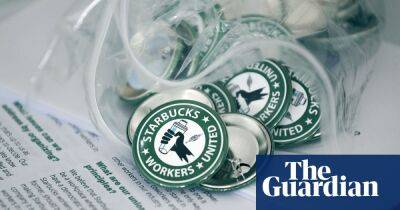‘The worst law on earth’: why the rich love London’s reputation managers
When two Wall Street Journal reporters published a book about Jho Low, a Malaysian wanted for his alleged role in a $4bn fraud, they hit a very English roadblock. Low hired Schillings, known as one of London’s most aggressive “reputation management” law firms.
Schillings threatened libel cases against retailers for advertising the book, Billion Dollar Whale, claiming a synopsis they were publishing was defamatory. Free speech campaigners at the time were alarmed, warning that the threats risked setting a precedent that would intimidate booksellers.
Schillings says its letters were reasonable and restrained, and that it acted in good faith. Lawyers are obliged to act in their clients’ best interests, and there were certainly no rules against such a strategy. But for many journalists, that is precisely the problem.
For one of the reporters, Bradley Hope, an American who now runs a journalism startup from London, the episode revealed the constraints of English media law.
When reporters in America lamented stories they could not publish, he said, “they’re referring to the stories they couldn’t nail”. Their British counterparts were more likely to be referring to stories “they just weren’t allowed to publish, because of the cost and the legal risk”.
Media laws in England and Wales on defamation, privacy, confidentiality, copyright and data protection are notorious among the world’s investigative journalists. So too is the industry of lawyers who use the English legal system to protect the reputations of their rich and powerful clients.
The firms insist they are providing something everyone has a right to – legal representation – and that the legal actions they file are permissible and valid. But reporters and press freedom groups
Read more on theguardian.com


















